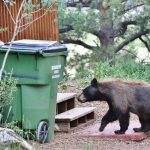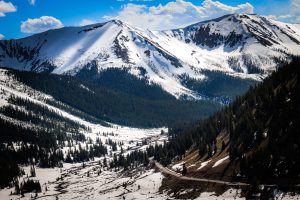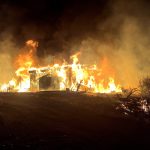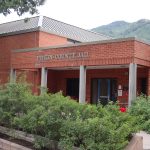As bears remain active in Aspen, BearWise highlights human responsibility
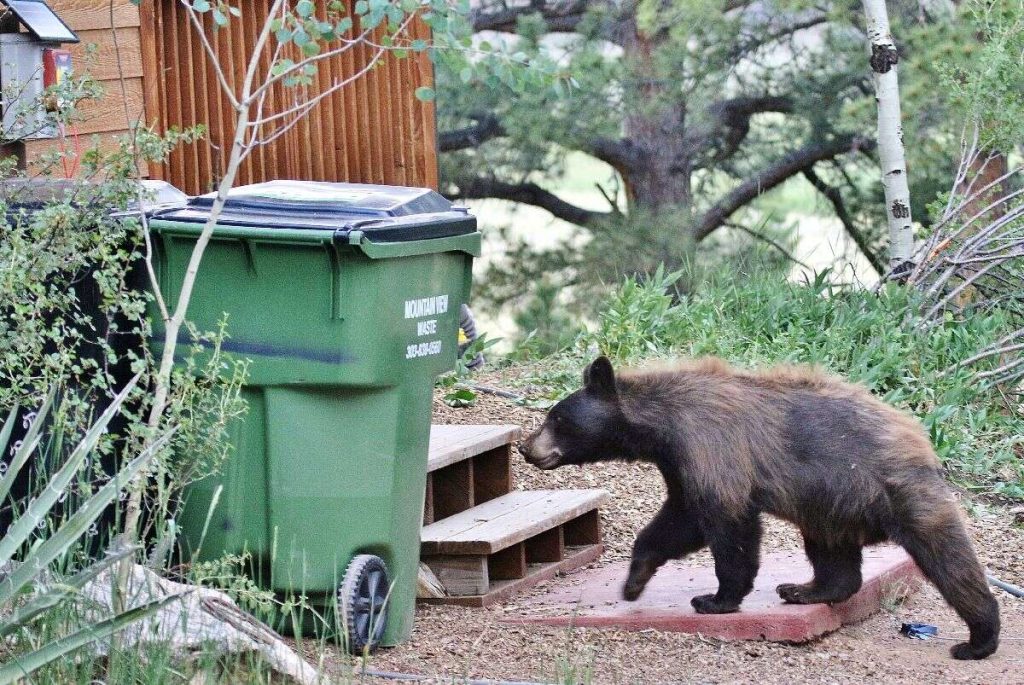
Colorado Parks and Wildlife/Courtesy photo
As bears move through Aspen and attempt to fatten up before winter, BearWise’s Communication Guide emphasizes community responsibility on the shared landscape.
BearWise is a national program of the Association of Fish & Wildlife Agencies of which Colorado Parks and Wildlife is a member. The program educates human on bears and acknowledges that it is the responsibility of communities to promote coexistence and mitigate for conflict.
“Describing the consequence of attracting bears as ‘bear problems’ lets people off the hook,” BearWise’s guide reads. “Most human-bear conflicts are due to intentional or unintentional human actions, habits, and practices. When you tell people they have a ‘bear problem’ or ‘nuisance bear,’ they naturally blame the bear and then expect a wildlife agency to make their ‘problem’ go away.”
According to BearWise, anthropomorphizing bears — meaning attributing human qualities, personalities, characteristics, and motivations to them — causes people to expect bears to think, behave, and respond as humans would.
“This is not true and can lead to potentially dangerous human behavior, such as offering food, encouraging bears to hang around the backyard, helping ‘orphaned’ cubs, and even approaching bears to take a selfie,” BearWise reads.
According to BearWise, what are called bear “attacks” are most frequently not attacks but defensive behaviors.
“The ‘attack’ word itself is emotionally charged and inherently implies aggression,” BearWise states. “Attack should never be used to describe a defensive response by the bear.”
According to BearWise, bears instinctively avoid people. BearWise notes that bears, which are often referred to as “predators,” are typically classified as omnivores. Their natural diet is 70%–85% plant-based, including berries, fruits, nuts, seeds, tender plants, and grasses. The rest is insects, small mammals, and carrion — their opportunistic nature is the reason they might end up eating small livestock.
Homeowners should prevent easy access to unsecured food sources, which includes:
- Garbage
- Bird feeders
- Pet food
- Backyard chickens, livestock and feed
- Fruit trees
“Bears are highly complex, intelligent and fascinating animals that play a vital role in the natural world,” BearWise’s guide states.
Two Roaring Fork Valley locals recently headed to Kalispell, Montana, to be part of an international workshop and discuss how to change the narrative around human-bear conflicts — read more about that at https://www.aspentimes.com/news/roaring-fork-valley-to-sponsor-represent-at-international-bear-coexistence-workshop/.
Voters to decide future of four Aspen School District funding questions
Local constituents will decide the fate of four ballot issues pertaining to Aspen School District funding in the Nov. 4 election.



